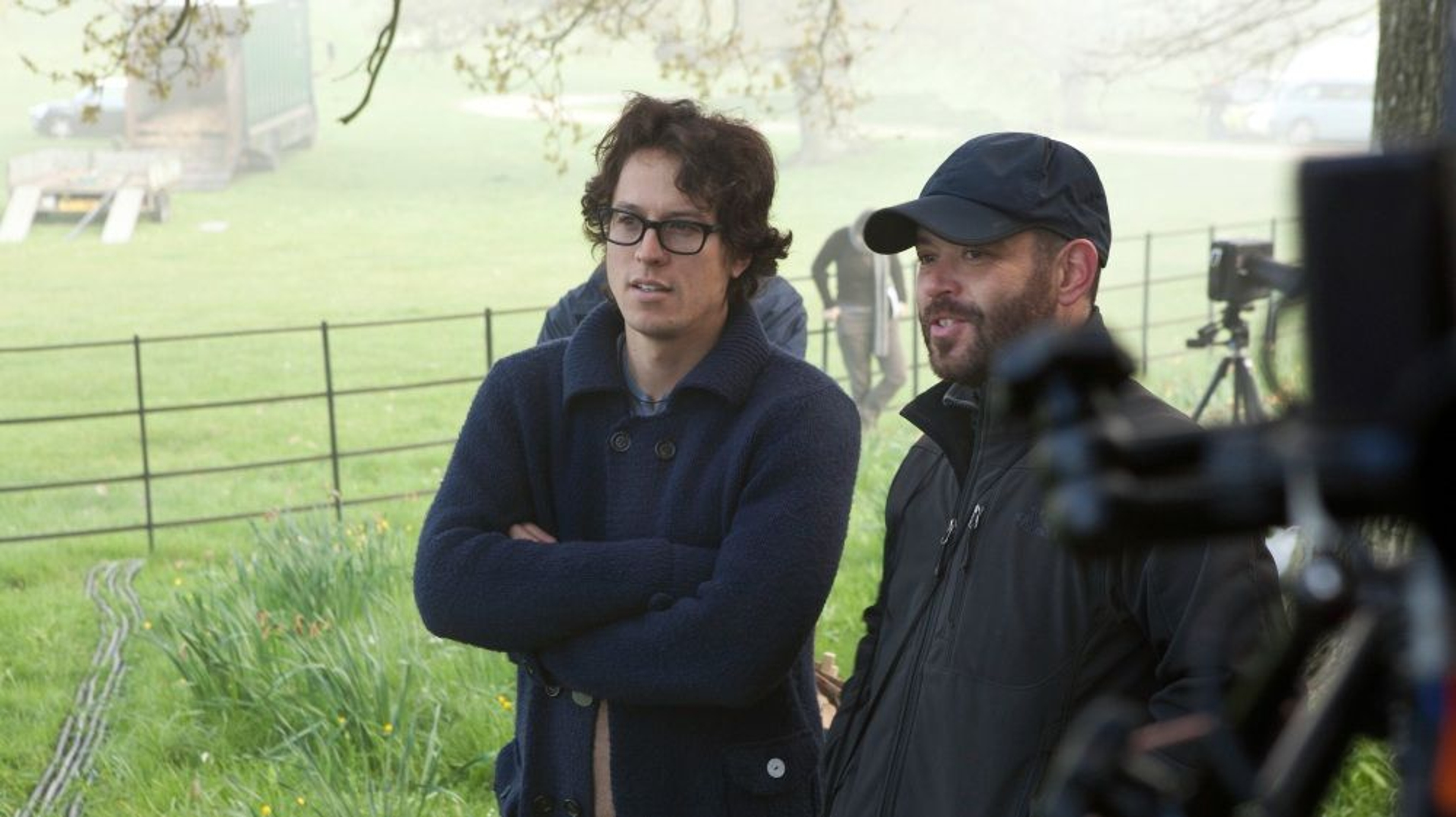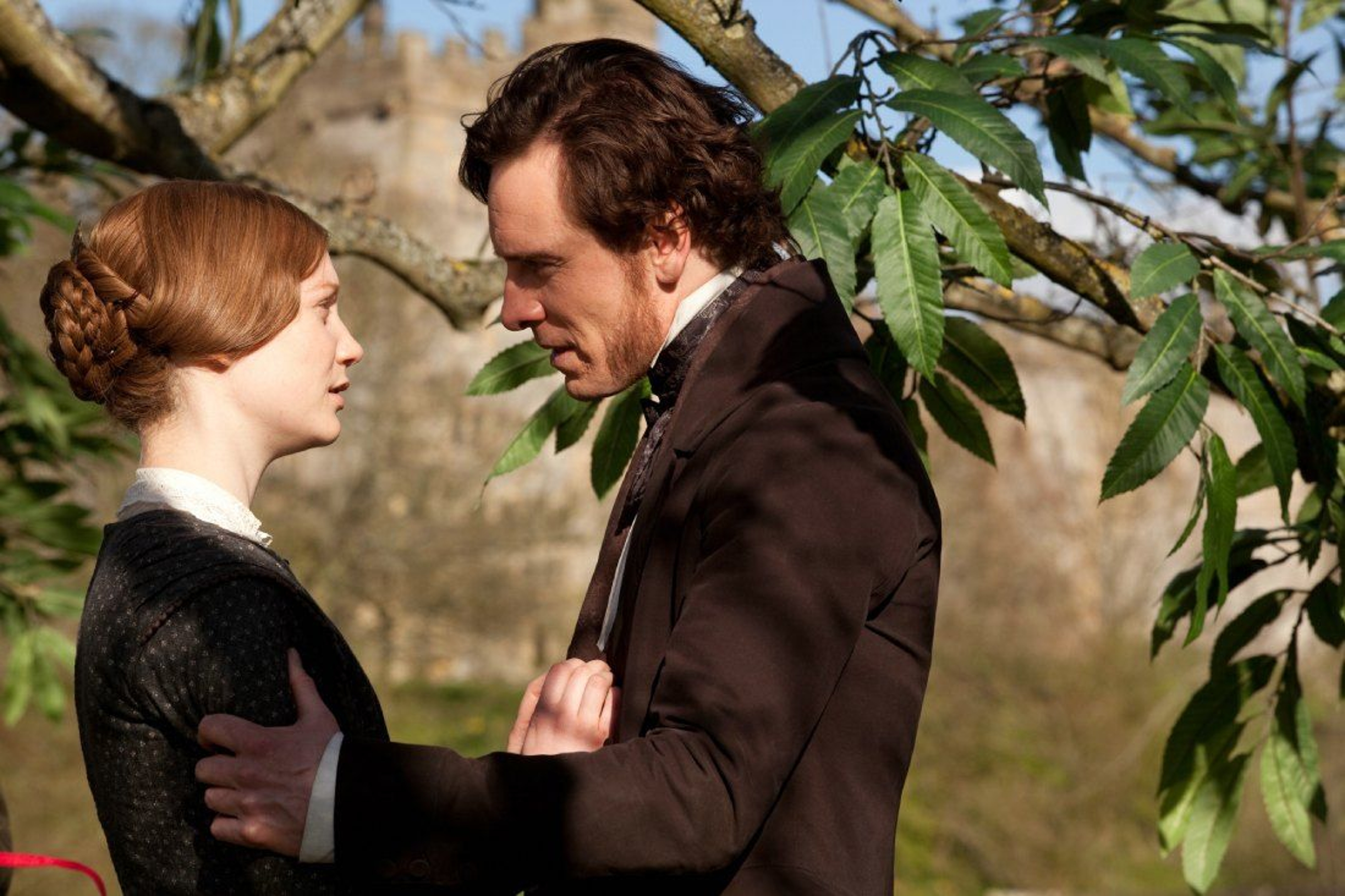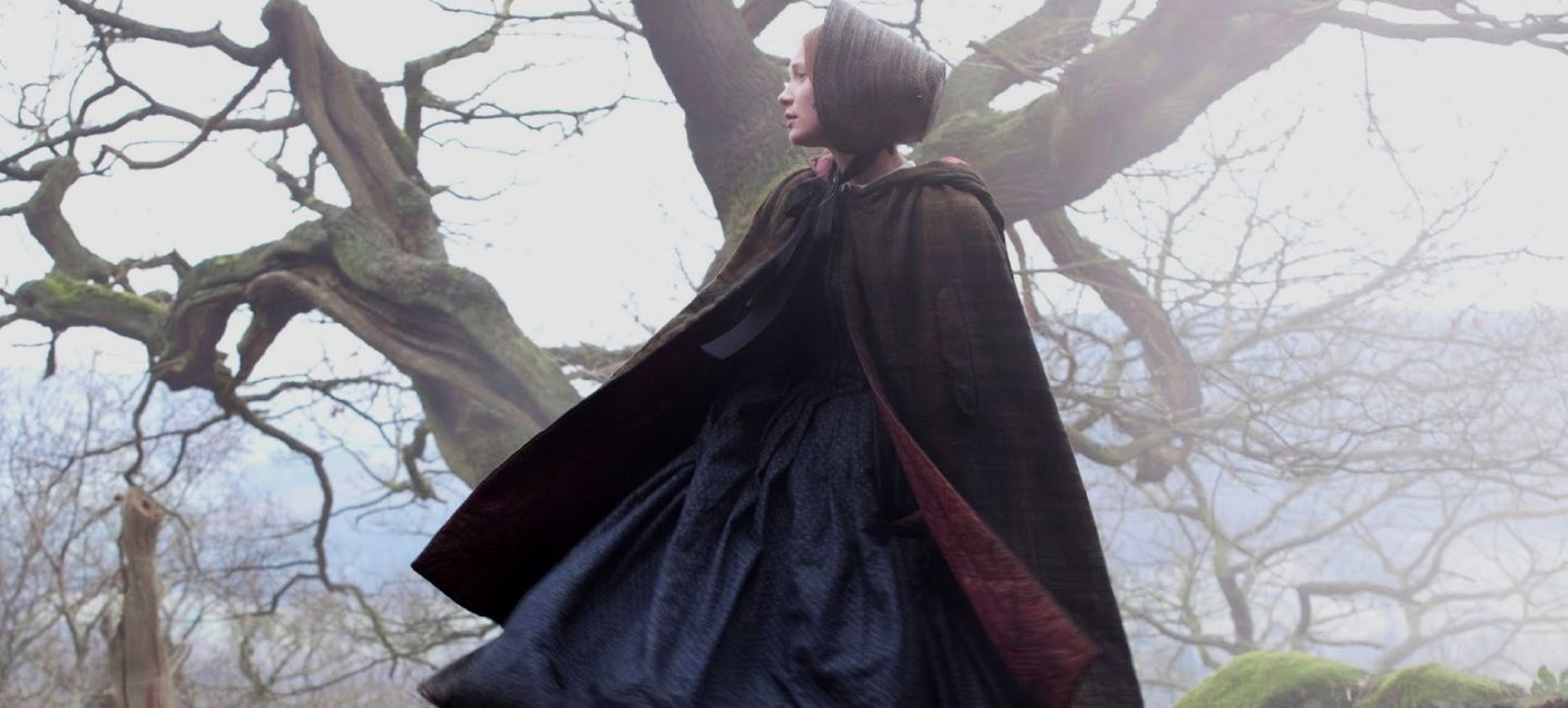When Cary Fukunaga’s adaptation of Charlotte Brontë’s Jane Eyre was released over a decade ago, some critics wondered how a California-raised, snow-boarding director of Japanese descent, one whose previous film, Sin Nombre, took on Latin American immigration with gritty realism, would handle one of the classics of English literature. The answer turned out to be startling. Released to critical acclaim and popular fanfare, Jane Eyre is now considered a classic. Ranking Fukunaga’s Jane Eyre number one in their countdown of the novel’s best adaptations, Screenrant wrote in 2021, “no other has captured the essence of the novel the way that the 2011 version has.” To celebrate Focus Features' 20th year anniversary as well as Asian American and Pacific Islander (AAPI) Heritage Month, we are showcasing this May the remarkable work of AAPI filmmakers, such as Cary Fukunaga’s adaptation of Jane Eyre.
Featurette on Jane Eyre

Cary Fukunaga and cinematographer Adriano Goldman on the set of Jane Eyre
While Fukunaga was not an obvious choice to adapt a Victorian novel of dark desire and unexpected opportunities, producer Alison Owen believed he could bring something new to the story. “I didn’t want to go the establishment route,” explains Owen. “Sometimes they’re a little cowed by English history and too worried about being faithful to the Brontës.” As a filmmaker, Fukunaga was drawn less to the story’s inherent Englishness as to its universal theme of family and identity. “I've always liked exploring the idea of 'family' or lack thereof,” remarked Fukunaga. “Particularly …the protagonist's having to overcome so many challenges in her youth to find love and true family.”
Born to a Japanese-American father (whose father was sent to an American internment camp during World War II) and a Swedish-American mother, Fukunaga grew up in a family that showed him how to see the world from diverse perspectives. "No doubt that a multicultural upbringing makes it very easier for you to access and understand stories of cultures far removed from your reality," Fukunaga explains. And however painful, his father’s and grandfather’s struggles gave him a deep-set empathy. As Fukunaga notes, “the psychological trauma inherited from [my father’s] childhood defines who I am." It is that cultural empathy that allows him to capture the passion of Latin American immigrants and 19th-century heroines equally well. As one critic points out, “what Fukunaga is doing with Jane Eyre is very much what [Ang] Lee did with Jane Austen’s Sense and Sensibility…teasing out a universal theme of enduring love from an outsider’s point of view.”

Jane Eyre (Mia Wasikowska) and Mr. Rochester (Michael Fassbender) in Jane Eyre
With the Australian-born Mia Wasikowska as the title character and the German-born Michael Fassbender as the fiery Mr. Rochester, Fukunaga crafted a different kind of Jane Eyre, one that is, according to USA Today, “both faithful to Charlotte Brontë's classic and distinctively original.” With cinematographer Adriano Goldman, Fukunaga shot to capture the full range of emotions, from the internalized terror of gothic manor to the fresh bloom of young love in spring. His meticulous attention to detail allows him to express what makes the story classic. “Nailing the period furniture and accents and flowery language,” notes CinemaBlend, “Fukunaga focuses on the tiny, universal details, knowing those are the things that have made Jane Eyre a beloved, irresistible tale for a century and a half.
